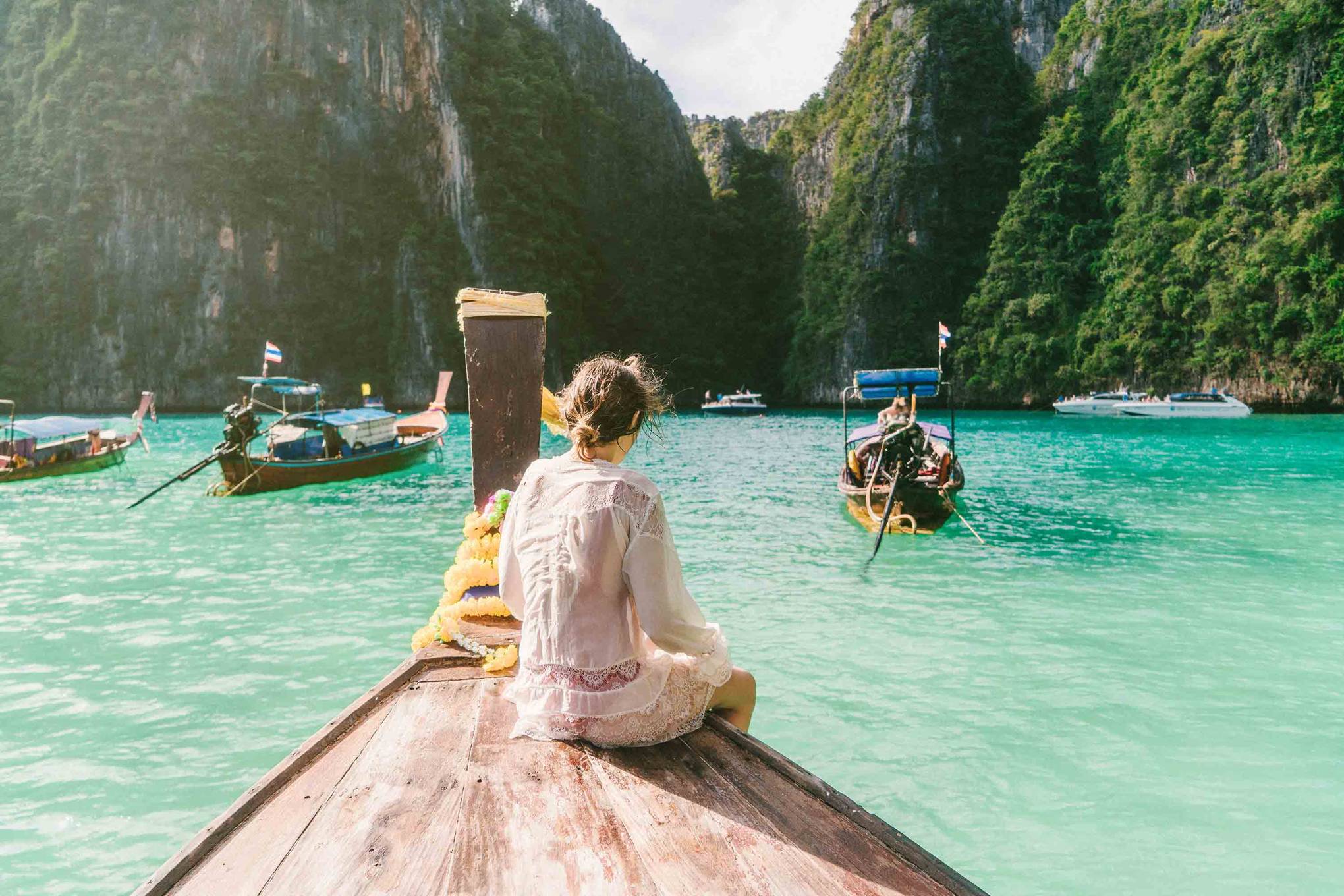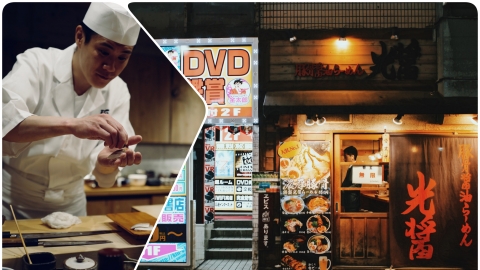1. Accommodation: "household" hotel
You might not know this, but many household goods companies around the world are now opening their own hotels! This is truly a smart business model because, in addition to staying at the hotel, guests are also likely to buy items they see displayed inside their accommodation – killing two birds with one stone, right?
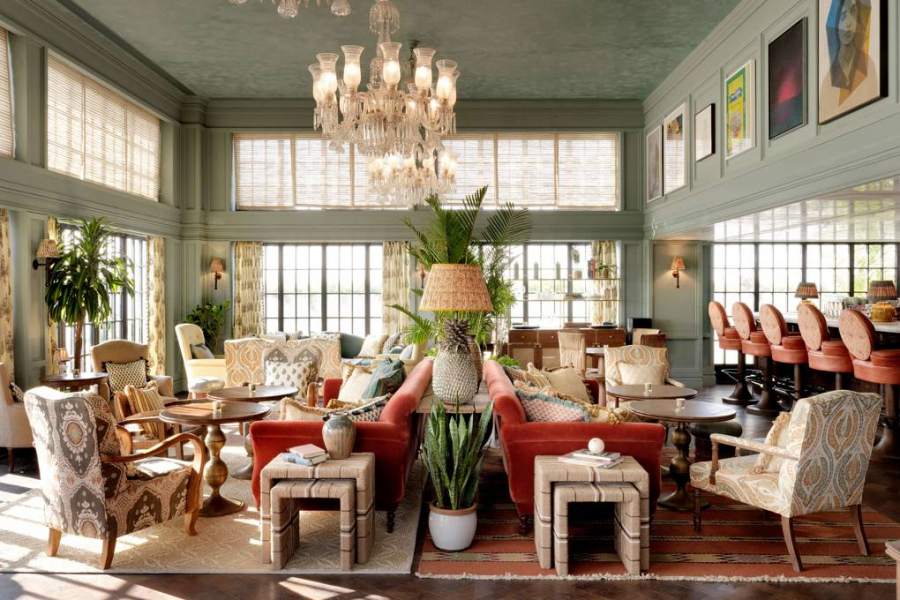
Many household goods companies have adopted this innovative approach, including: MADE.com in Manhattan's NoMad district, Muji from Japan, the Boathouse floating hotel in London, and Vipp from Denmark...
2. Family travel: nomadic style of travel
While some parents are still struggling with the expenses of raising young children and only dare to plan a summer vacation to avoid falling behind in schoolwork, a minority of families are choosing to embark on world adventures, where both parents and children live, experience the world, learn, and explore together over extended periods. This trend is gaining popularity on Instagram with the hashtag "nomadic sabbaticals"—meaning nomadic people who constantly move on their journeys and learn everything from their surroundings.
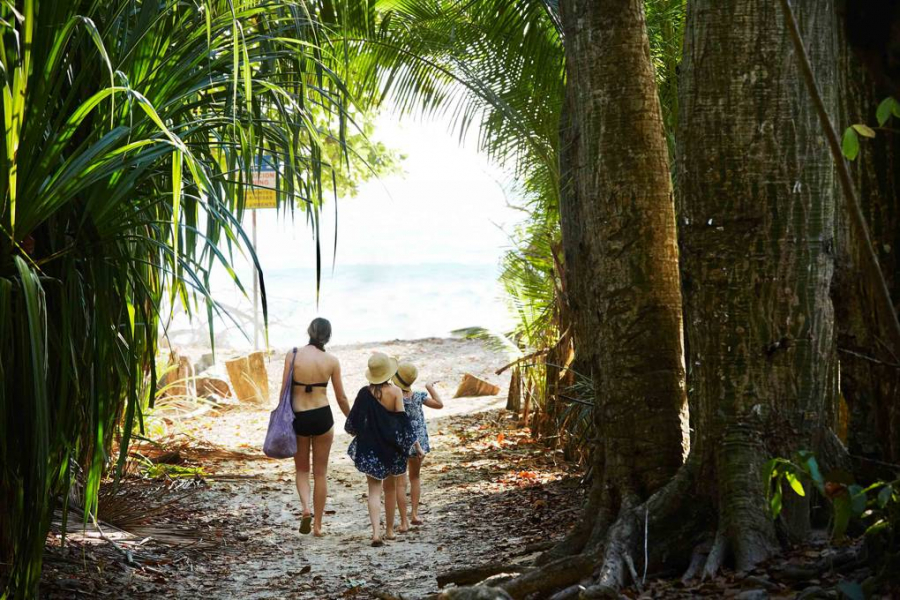
In 2019, we will hear more about phrases like "homeschooling," "education without classrooms," and at the same time, family bonds will grow stronger as families have more time together for memorable activities during a one (or several) year of a "gap year."
3. Group travel: Exclusive rental model
For a long time, large groups of friends or families would rent vacation villas together for their extended trips. However, by 2019, this trend had been replaced by a more luxurious and exclusive form called Beyond by Airbnb – a "social network" that manages high-end properties and allows users and landlords alike to have customized experiences.
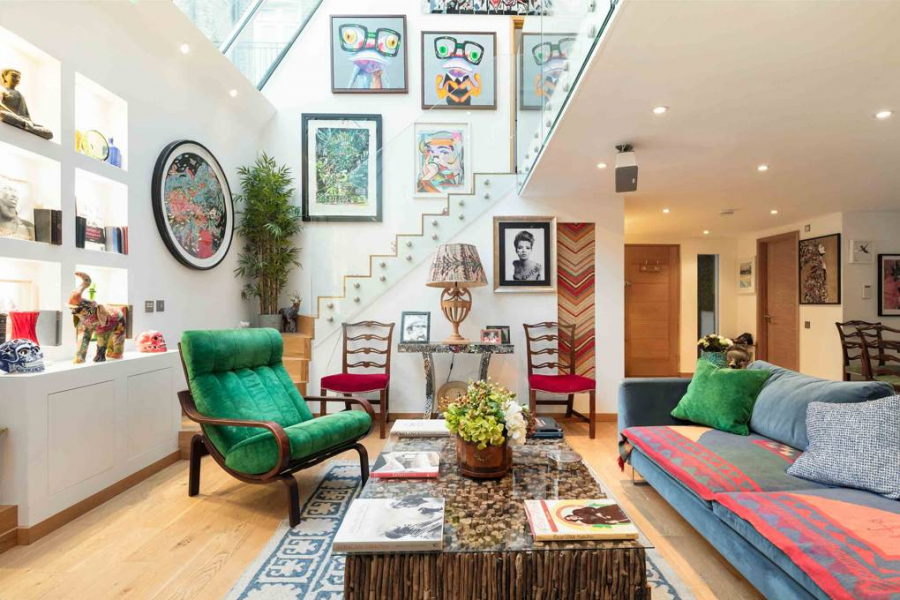
This model allows members to vet and cross-check each other's homes or properties within their space, from castles and villas to art galleries and art huts—all completely exclusive, transparent, and well-deserved. Currently, the list includes over 1,000 properties in more than 50 countries and has over 10,000 users.
4. Couple travel: daring journeys
Nowadays, couples are replacing romance and warmth in their journeys with trips that have a more challenging and adventurous feel, as they realize the increasing need to understand and bond with their partners.
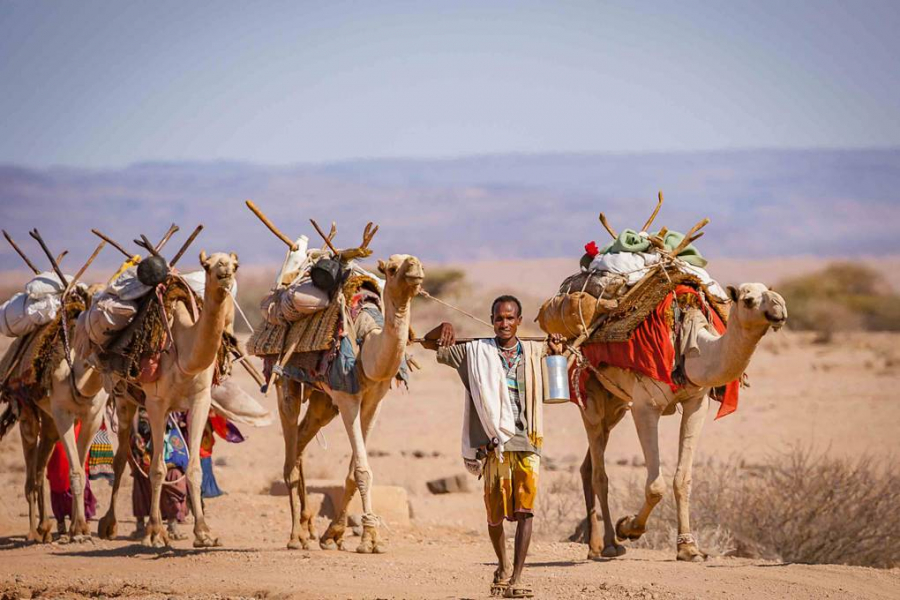
Instead of relaxing and enjoying peace, these couples choose to embrace their fears together, experience discomfort, dive into harsh realities, and engage in ambitious physical activities to rekindle their relationship and recognize the respect and intimacy found between individuals throughout the journey.
5. Solo travel: A symbiotic relationship
Traveling solo can lead to feelings of loneliness, as hotels aren't the easiest places to make friends, hostels can be uncomfortable, and Airbnbs can be isolating, sometimes located in remote neighborhoods instead of the city center. However, if solo travel remains a hobby and a desire, the best solution is to share accommodation with another person!
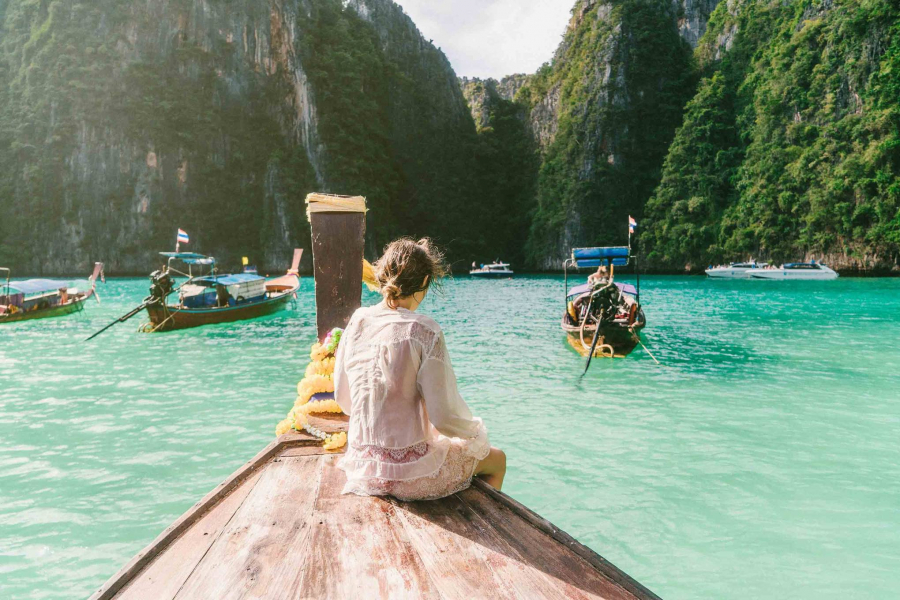
Essentially, it's not really like a solo trip, but this symbiosis doesn't mean you have a companion or that your freedom of exploration is taken away or forced to be shared. It's now considered a fairly popular form of travel in modern society, embraced by many young people. It's simply a gathering of solo travelers in a shared space or on a shared journey.
6. Spa: CBD Treatment
Nowadays, many people, especially women, choose travel not just as a regular vacation, but also make it more meaningful by maximizing the enjoyment of luxurious amenities to rejuvenate their energy and bodies. Spa treatments are a prime example.
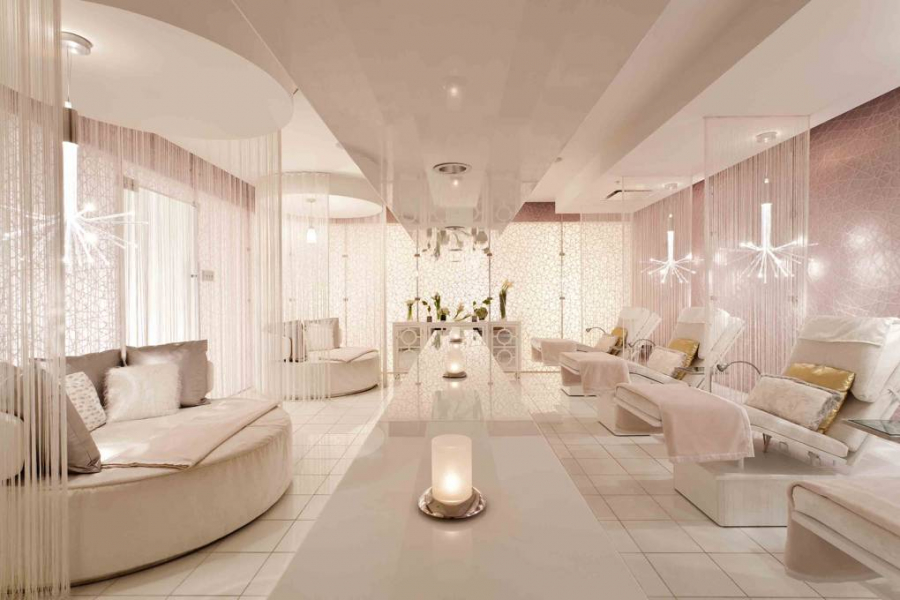
Cannabidiol (CBD), a non-psychoactive compound derived from the cannabis plant, is becoming extremely popular for its therapeutic and medicinal properties at spas worldwide. While not yet legalized in Vietnam, you can certainly experience this model in other countries where it is permitted. More than just a vacation, investing in body treatment and self-care will contribute to giving you and your journey more energy.
7. Ecology: The Zero Leftovers Movement
Did you know that the UK throws away £20 billion worth of food waste every year? Many countries are now exploring ways to address this issue, and it's becoming a top priority to help create a cleaner environment and reduce waste in consumer habits.
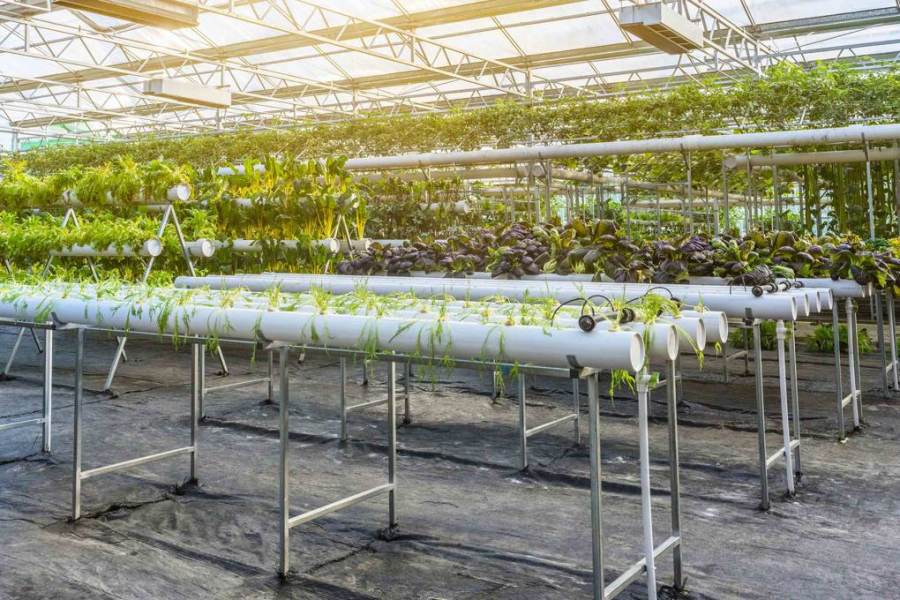
Beyond the need for both tourists and locals to be mindful of their food and beverage consumption levels in each location, leading hotels worldwide are now implementing various measures to improve environmental practices. Examples include the rapid waste disposal system at the Langham Hotel in London, the Armani Hotel in Dubai attempting to reduce kitchen waste by 80% by converting it into soil nutrients, and the new Salt of Palmar Hotel in Mauritius launching a self-sufficient hydroponic vegetable farm. Hopefully, initiatives like these will soon become the standard and be adopted in all countries.
8. Technology: Cryptocurrency
Whether you're withdrawing money from an ATM abroad or exchanging cash in advance for your trip, you'll often still lose a certain amount due to exchange rates and commissions. While the average traveler today (including those from Vietnam) may not have a wallet full of Bitcoin, cryptocurrency promises to be a universal, highly secure, and fee-free payment system in the future.
Specifically, starting in 2019, the use of cryptocurrencies such as Ethereum, Litecoin, and Bitcoin for booking trips began to take effect. Currently, 450,000 hotels worldwide (including the famous Marina Bay Sands in Singapore and the Ritz-Carlton in Tokyo) accept Ethereum payments through an app called Tripi. A few other companies such as Cheapair, Peach Air, Surf Air, and Air Baltic are also beginning to build the capability to process such transactions.
9. Accessories: a pair of lightweight shoes
A good pair of sneakers is always an essential item to take you anywhere. However, it's not just about a pair of shoes! The trend in 2019 is to leave your mark on your environment with eco-friendly shoes!
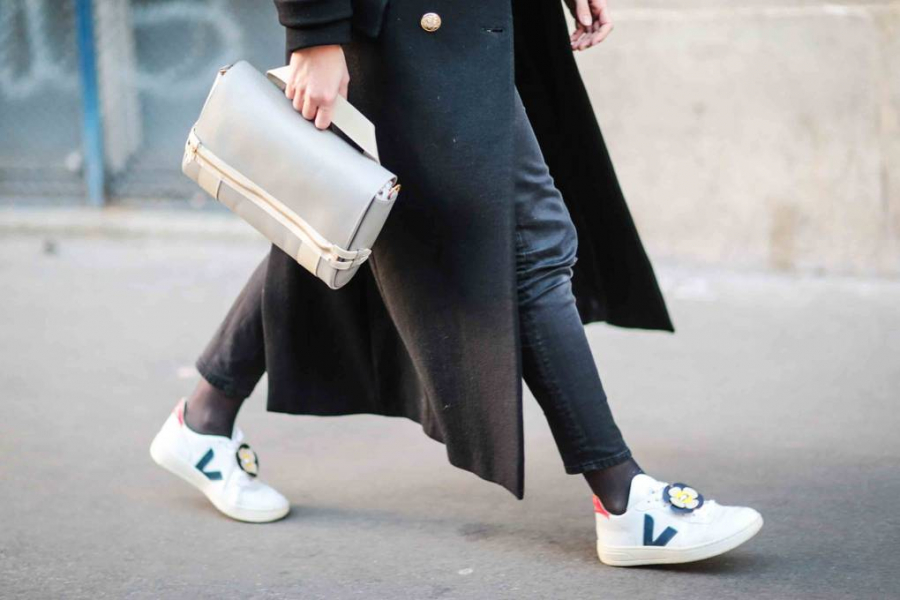
Research indicates that just one step in your sneakers can generate 13kg of carbon dioxide in the production of the plastics, synthetic rubber, and nylon used to make those shoes. While certainly not comparable to the toxic emissions from factories or transportation on the roads, travelers can reduce their impact somewhat by choosing more ethically produced footwear. There are many eco-friendly shoe brands to choose from now, such as Adidas x Parley, Ecoalf, Baabuk, and Vivobare feet.
10. Means of transport: biometric airport
Thanks to the recently released improved iPhone models, most consumers have become accustomed to using fingerprint and facial recognition to bypass password entry for security. And it's fantastic that this technology is now widely used at modern airports around the world! You no longer have to wait in long lines for check-in, boarding, and immigration procedures with manual checks of boarding passes and passports, as these are replaced by biometric technology.
Over the past year, British Airways has been testing biometric gates at US airports including Orlando, New York, and Miami. In 2019, London Heathrow will also launch the world's largest biometric-enabled system, including baggage drop-off and self-boarding, at a cost of £50 million. The aim is to allow passengers to walk through all checkpoints from arrival without carrying any documents or going through complicated screening procedures, reducing travel time by a third and making every trip easier and more convenient for travelers. According to SITA, 77% of airports and 71% of airlines are planning major programs or research and design to manage biometric ID within the next five years. In Dubai, Emirates has launched a new 'biometric pathway' at Dubai International Airport, while Delta Air Lines has introduced fingerprint access at the Delta Sky Club lounge domestically.

 VI
VI EN
EN



